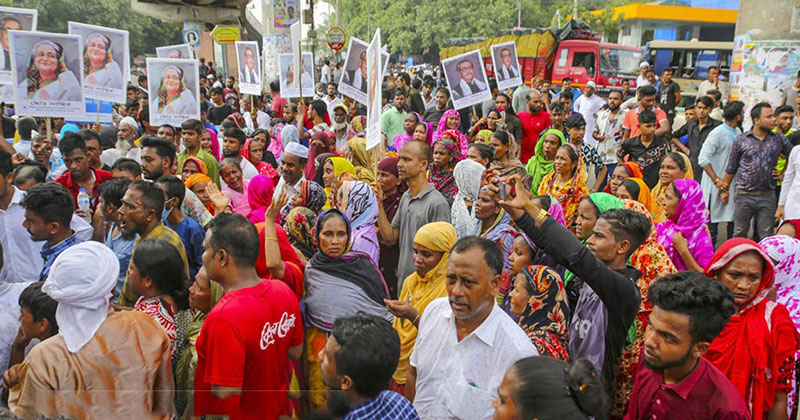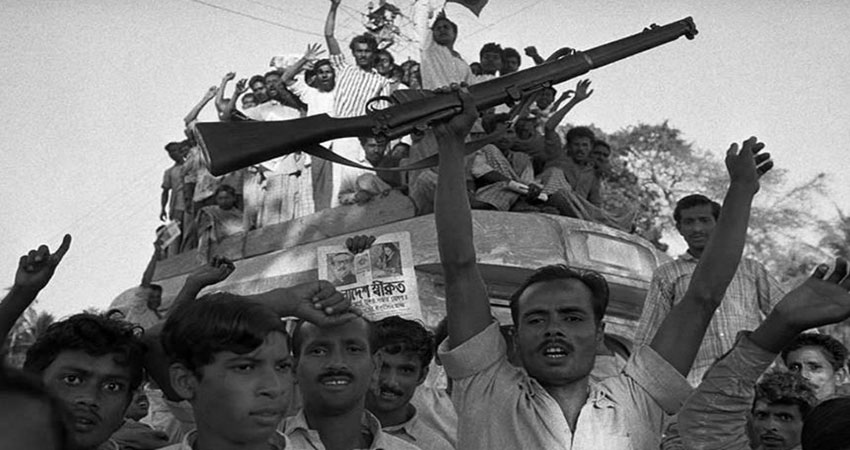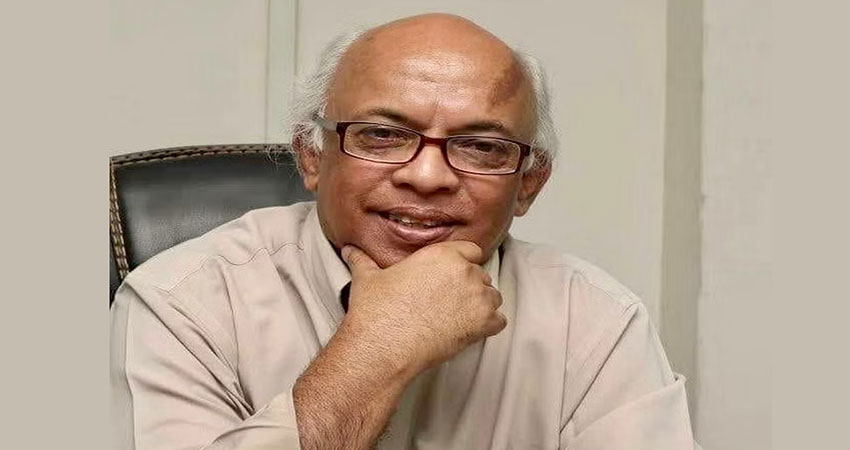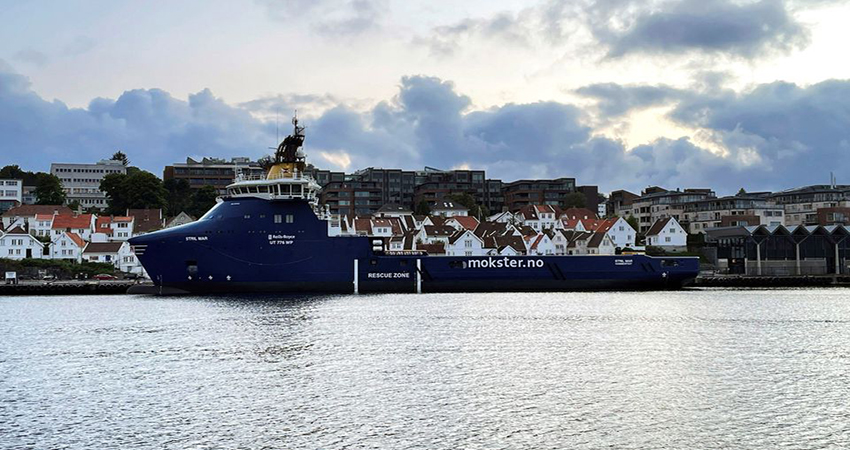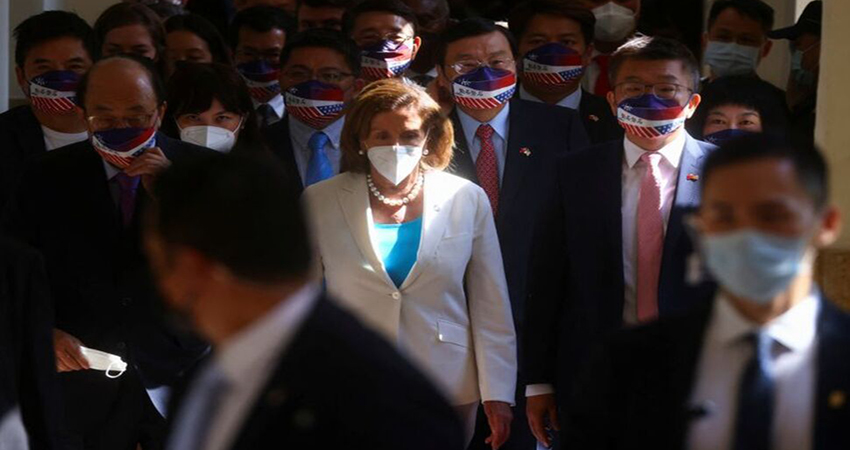March is the month of the beginning of our glorious and official armed liberation war and it is the month when the Bengalis officially initiated the desired war of independence. Many of us like me have not seen the war of liberation but its significance can be realized immediately. We have had to make many sacrifices to gain independence. No nation can ever be subjugated with mountainous morale; this furious march is reminding us again and again. The Bengali nation is such a heroic nation. Freedom is our pride and March is the month of our fiery glory, pride, inspiration and a big source of knowledge. Because many historical events have taken place in this month, which are shining as witnesses in the pages of history.
The whole world knows that our country has become independent after a long nine-month battle. We have won in exchange for the lives of three million people and the honour of two million mothers and sisters. No other country in the history of the world has seen such a heinous picture. Freedom gives us the courage to move forward as a kindle light. Our country is developing rapidly and we are now moving from a least developed country to a developing country, which is certainly a matter of pride and honour. We believe that our country will one day lead the world. The flag of our victory will fly all the time across the world as a source of pride and inspiration.
From the beginning of fiery March, the final resistance of the continuous freedom struggle of Bengalis started. In this month of 1971, the whole of Bangladesh, including Dhaka, became a troubled torn town. The first flag of independent Bangladesh emblazoned with the map was flown this month. In the same month, the then ruler of Pakistan, Yahya Khan, issued a decree adjourning the National Assembly session indefinitely. Through his illegal and authoritarian declaration, it became clear to the Bengali nation that the representatives of the majority could not come to power in a constitutional manner. There is no alternative but to start the declaration of independence.
This attitude of the Pakistani rulers exploded among thousands of students at Dhaka University. Yahya's declaration of dictatorship was condemned at the Battala (shadow of Banyan tree) rally and the flag of independent Bangladesh was hoisted spontaneously. The then VP of DUCSU ASM Abdur Rab hoisted the flag of independent Bangladesh at a historic gathering at Battala (shadow of Banyan tree). This flag has been considered as our national flag for nine months of freedom struggle.
Meanwhile, at the call of Bangabandhu, the people were preparing to make the historic rally on March 7 at the then Racecourse Maidan (now Suhrawardy Udyan) a complete success and centring on this public meeting, another kind of mass awakening was created among the liberated Bengalis. Thoughts were on the foreheads of the Pak aggressors. Will Bangabandhu call for independence in that public meeting? The whole of Pakistan was fighting over what the situation would be like. On the one hand, the preparation of the public meeting, on the other hand, the whole of Bangladesh was in a state of fiery agitation. The same expectation in the eyes of every Bengali - to remove the Pakistani occupiers and snatch independent- sovereign Bangladesh. And in fulfilment of that goal, under the leadership of Bangabandhu, the vicious sons of Bengalis started preparing for armed resistance.
The people of Bengal erupted in protest as the historic speech of the great leader Bangabandhu Sheikh Mujibur Rahman was not broadcast on the radio on March 7, 1971. Radio workers took to the streets in protest and the radio broadcast stopped. As a result, on the morning of March 8, Bangabandhu's historic speech 'This time the struggle is for our liberation, this time the struggle is for freedom' was forced to be broadcast on the radio. In Bangabandhu's speech, the Bengali nation was revived with new independence. Preparations for independence began from house to house. In a word, the whole of East Bengal was ruled by Bangabandhu.
The struggle for freedom of indomitable courage and self-confidence began. The fire that was kindled for the language on the 21st of February, 1952, seems to have spread all over Bengal by March. Then the United Front election, the education movement of 1962, the six points of 1966 and the mass uprising of 1969 brought a new message to the life of the Bengalis. In the early hours of March 26, Bangabandhu declared the independence of Bangladesh. Earlier, on March 25, at around 1 am, Pakistani soldiers arrested Bangabandhu from his house.
After nine months long of bloody war, an independent sovereign state called Bangladesh appeared on the world map. Despite the declaration of independence on March 26, the final movement started on March 1, 1971. In a radio address, then-President Yahya Khan adjourned the March 3rd session of the Constituent Assembly. The whole country roared at the moment. The students and common people of East Bengal raised the slogan 'Hold the arms of brave Bengalis, make Bangladesh independent'.
The final struggle for independence began in March 1971. After a long and bloody 9-month war of liberation, the country of red-green flag Bangladesh became independent. In exchange for millions of lives, a new country appeared on the world map. For a long time, the exploited, oppressed and disenfranchised people of this country have been fighting for their rights. The great language movement, the education movement, the six-point movement and the mass uprising of 1969 were one of the milestones in the quest for national identity. Even after the people of East Pakistan gained a majority in the 1970 elections, the then West Pakistani ruling class was hatching various conspiracies and delays in handing over power.
On March 25, in black night, the Pakistanis launched "Operation Searchlight" in an attempt to silence the voices of Bengalis. Soldiers killed thousands of people indiscriminately on the streets of Dhaka. They attacked various educational institutions including Dhaka University and killed students and teachers. History of resistance to subsequent events. At the call of Bangabandhu, forts were built from house to house. Young and old joined the great war of liberation. After nine long months of bloody armed struggle, the nation gained independence through victory on 16th December. On this historic occasion of the 52th anniversary of Independence, we would like to express our humble respect and gratitude to all the heroic fighters who took part in the War of Independence. May the glory, inspiration and education of fiery March spread among all, young and old. Let each day of the March serve as a source of inspiration and knowledge for us.
The writer is a banker and columnist.












